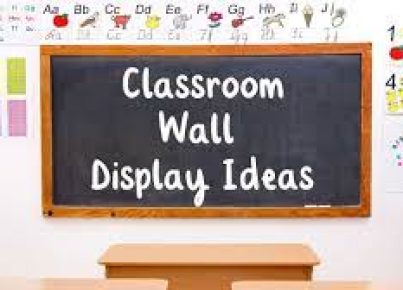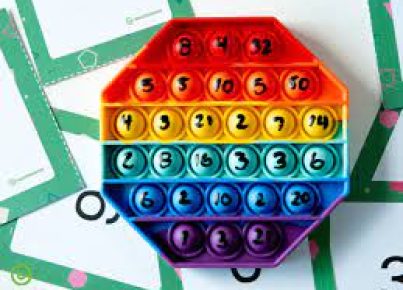Introduction
In today’s era of increasing customer-oriented services, it is not uncommon to find the delicate balance between education and customer service being blurred. This shift in perspective may have severe consequences for both teachers and students in the long run. In this article, we will explore why teaching should not be equated with customer service and the fundamental differences between the two.
The Roles of Teachers and Customer Service Representatives
First and foremost, the roles of a teacher and a customer service representative are distinct. A teacher is an educator responsible for imparting knowledge, building life skills, and promoting critical thinking among their students. On the other hand, a customer service representative serves clients by addressing their needs, resolving issues, and ensuring satisfaction with the provided products or services.
While it is understandable that schools want to make sure parents and students are satisfied with the education they receive, treating education as a product may risk compromising its core values.
Focus on Student Progress vs. Satisfaction
In any business environment, customer satisfaction is a key performance indicator that drives both revenue and growth. Conversely, the primary goal of teaching should be to facilitate student progress. By focusing on immediate satisfaction rather than long-term development, teachers may find themselves undermining their primary objective -to educate.
For instance, diligent educators often encounter students who struggle with certain subjects or concepts. These teachers must make tough decisions, such as assigning lower grades or suggesting alternative educational pathways to help students reach their full potential. When schools treat education as a product to satisfy customers instead of guiding them towards achieving specific learning goals, these tough-yet-necessary decisions risk being avoided for fear of unhappy parents and students.
Academic Integrity vs. Business Profitability
A significant downside to treating education like customer service is the potential risk to academic integrity. When faced with the pressure to maintain profitability – as businesses often do – schools might resort to grade inflation, participation trophies, or skewed curriculums to keep students and parents satisfied.
These actions can lead to a superficial sense of achievement among students, making it difficult for teachers to maintain high academic standards. Besides, compromises in academic integrity may not prepare graduates for the real world – where genuine skills and knowledge will be of paramount importance throughout their lives.
Personal Growth vs. Immediate Gratification
In customer service, the focus is often on providing immediate gratification to build customer loyalty. Such an approach – if applied within the education system – could prioritize short-term satisfaction over long-term personal growth. Consequently, essential life skills and lessons that require time and effort to develop may be left unaddressed.
For example, students need to learn important skills such as critical thinking, perseverance through challenges, adaptability, empathy, and many more throughout their educational journey. By prioritizing immediate satisfaction over these critical aspects of personal growth and development, the true essence of education will be lost.
Conclusion
While there are undoubtedly positive aspects of customer service worth emulating within the educational landscape – such as effective communication with parents/students and addressing legitimate concerns – it is crucial to recognize that teaching is not customer service. The primary focus must remain on ensuring student progress and contributing positively to their long-term development as responsible individuals.
By emphasizing education’s true purpose rather than treating it as a mere product aimed for customer satisfaction, teachers can maintain academic integrity while fostering personal growth among their students.




